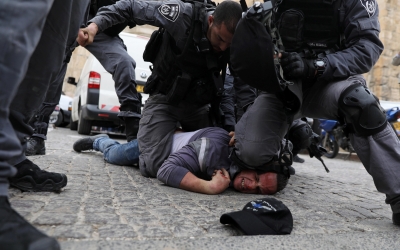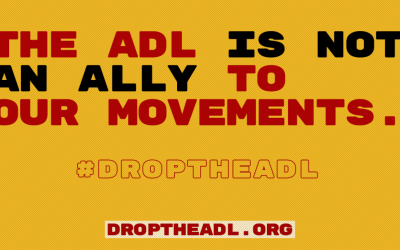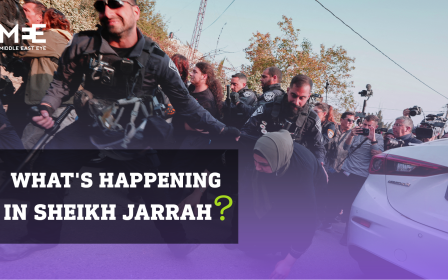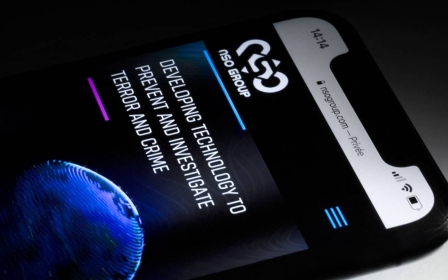ADL leaders debated ending police trips to Israel, report says
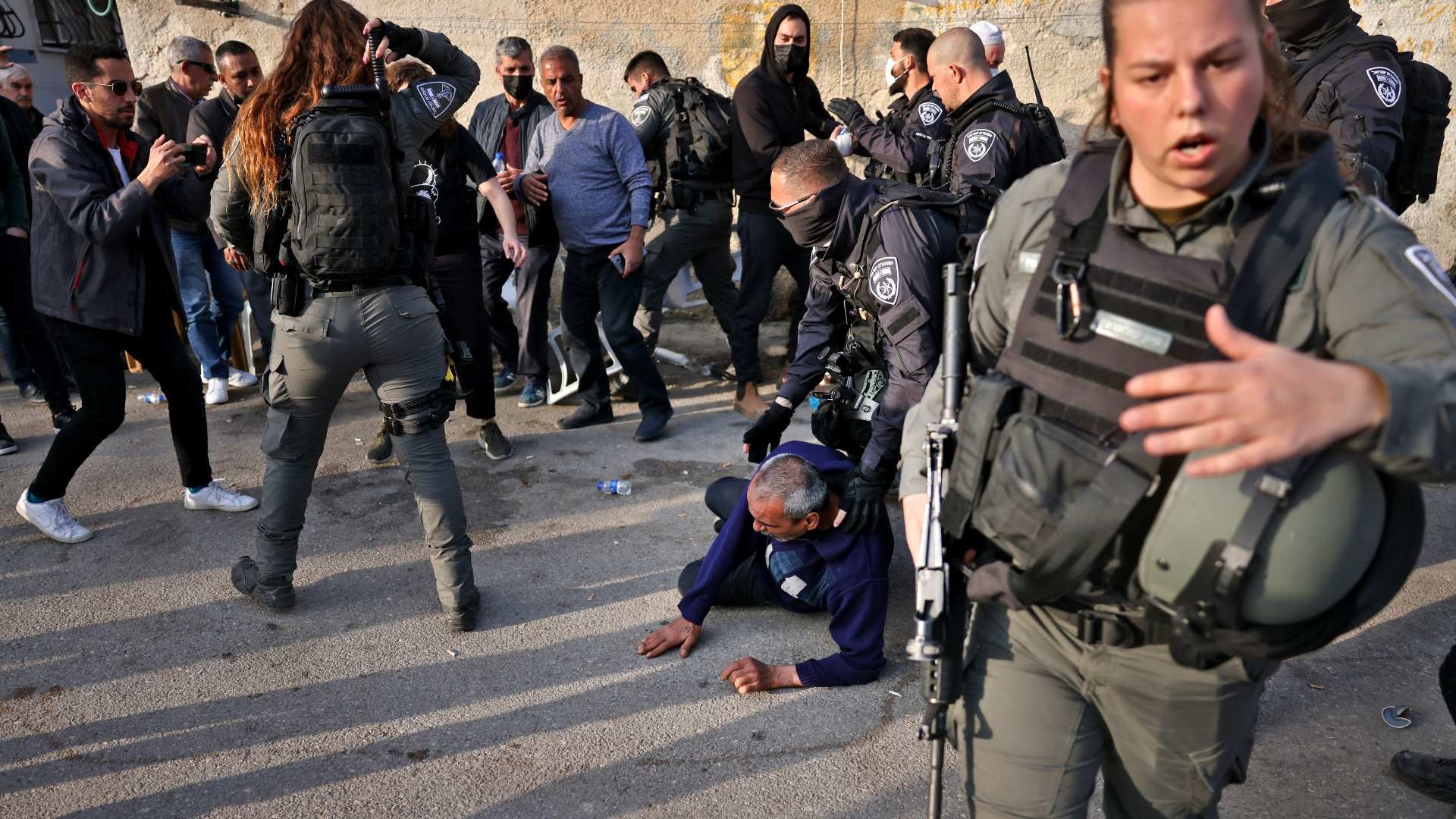
Senior leaders of the Anti-Defamation League (ADL), a pro-Israel Jewish-American rights organisation, debated whether to end a controversial programme that sends American police officers to Israel for training.
According to a 2020 internal document obtained by The Guardian and Jewish Currents, George Selim, an ADL senior vice-president, and Greg Ehrie, vice president of law enforcement and analysis, admitted the possibility that such trips could fuel police misconduct.
"In light of the very real police brutality at the hands of militarized police forces in the US, we must ask ourselves difficult questions, like whether we are contributing to the problem," they wrote in the draft memo.
"We must ask ourselves why it is necessary for American police, enforcing American laws, would need to [sic] meet with members of the Israeli military. We must ask ourselves if, upon returning home, those we train are more likely to use force."
The draft document, which was created amid the 2020 George Floyd protests against police brutality, concluded that termination of the programme was the "best approach" since it would "eliminate a program with limited impact and high controversy".
However, when asked about the document this week, Selim told the two publications that it was an "early draft" written before the ADL had made a final assessment and that the organisation ultimately continued with the programme "with updated curriculum and content".
Selim said the trips were currently on pause due to the Covid-19 pandemic but suggested they could start again. "We remain committed to law enforcement engagement and professional development nationally and internationally and are likely to expand our educational law enforcement programs."
"ADL is proud of its decades of work with law enforcement and believes strongly that those relationships are crucial in helping protect all people from hate crimes and hate-motivated violence," Selim said, discrediting criticisms levied at the programme.
'Trading tips with an occupying army'
For years, the ADL has run a programme that connects US law enforcement departments with those in Israel to "study first-hand Israel’s tactics and strategies to combat terrorism".
According to the memo, since 2004 the ADL has taken 500 to 600 police officers and partners to Israel for "educational and training purposes". Senior members of the ADL said the trips had "built bonds" among police but were "of questionable programmatic value".
Selim told The Guardian and Jewish Currents that the trips were "educational and cultural in nature" and that did not involve "tactical trainings" or teachings about interrogation methods.
However, a coalition of Jewish-American organisations and activist groups under the campaign name, Deadly Exchange, have called out the trips, saying that they "have no business dispatching police, ICE and FBI agents to trade tips with an occupying army".
Since the early 1990s, hundreds of law enforcement officers, including police officers and agents from the FBI, CIA, and Immigration and Customs Enforcement (ICE), have either been sent to Israel through police exchanges or attended summits within the US that were sponsored by Israeli lobby organisations.
Police forces from Florida; New Jersey; Pennsylvania; California; Arizona; Connecticut; New York; Maryland; Massachusetts; Minnesota; North Carolina; Georgia; Washington state and others have participated in the training, including one that took place in Minneapolis, the city where Floyd was killed.
Leading human rights groups have denounced the exchange programmes, warning that Israeli police standards and tactics only serve to exacerbate racial profiling and police brutality in the US.
Middle East Eye reached out to the ADL for comment but did not receive a response by the time of publication.
Middle East Eye propose une couverture et une analyse indépendantes et incomparables du Moyen-Orient, de l’Afrique du Nord et d’autres régions du monde. Pour en savoir plus sur la reprise de ce contenu et les frais qui s’appliquent, veuillez remplir ce formulaire [en anglais]. Pour en savoir plus sur MEE, cliquez ici [en anglais].


